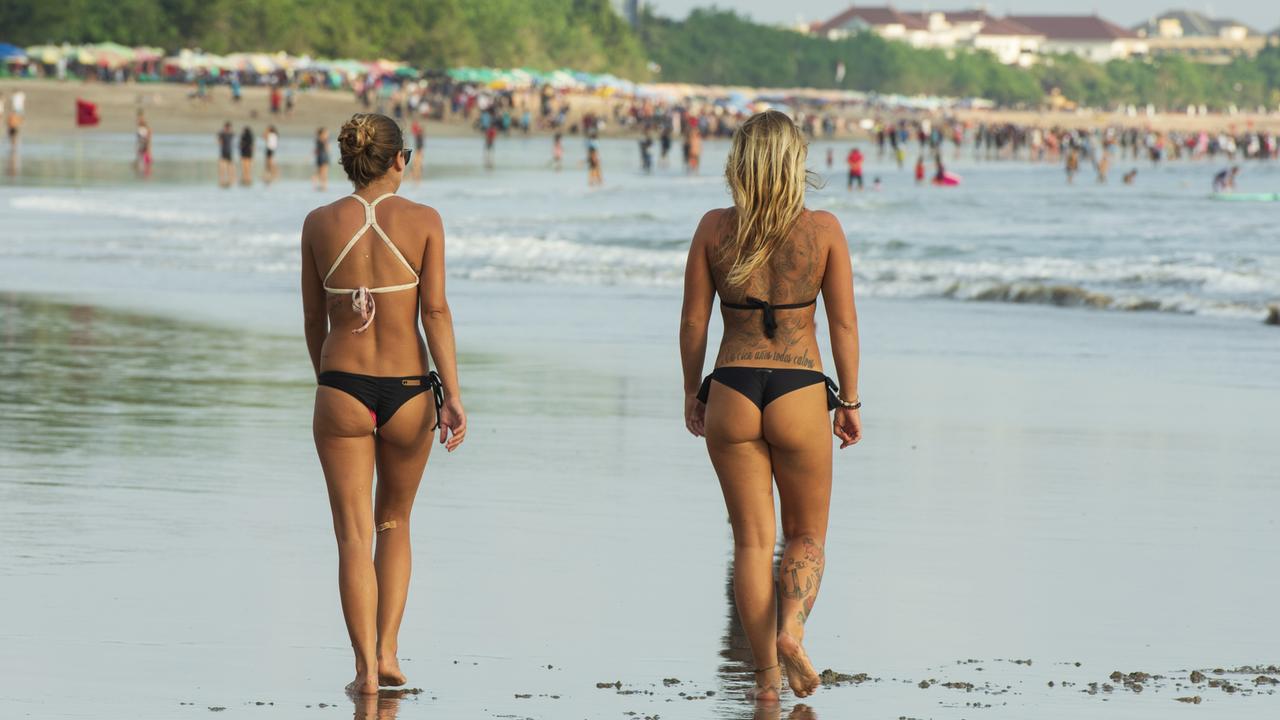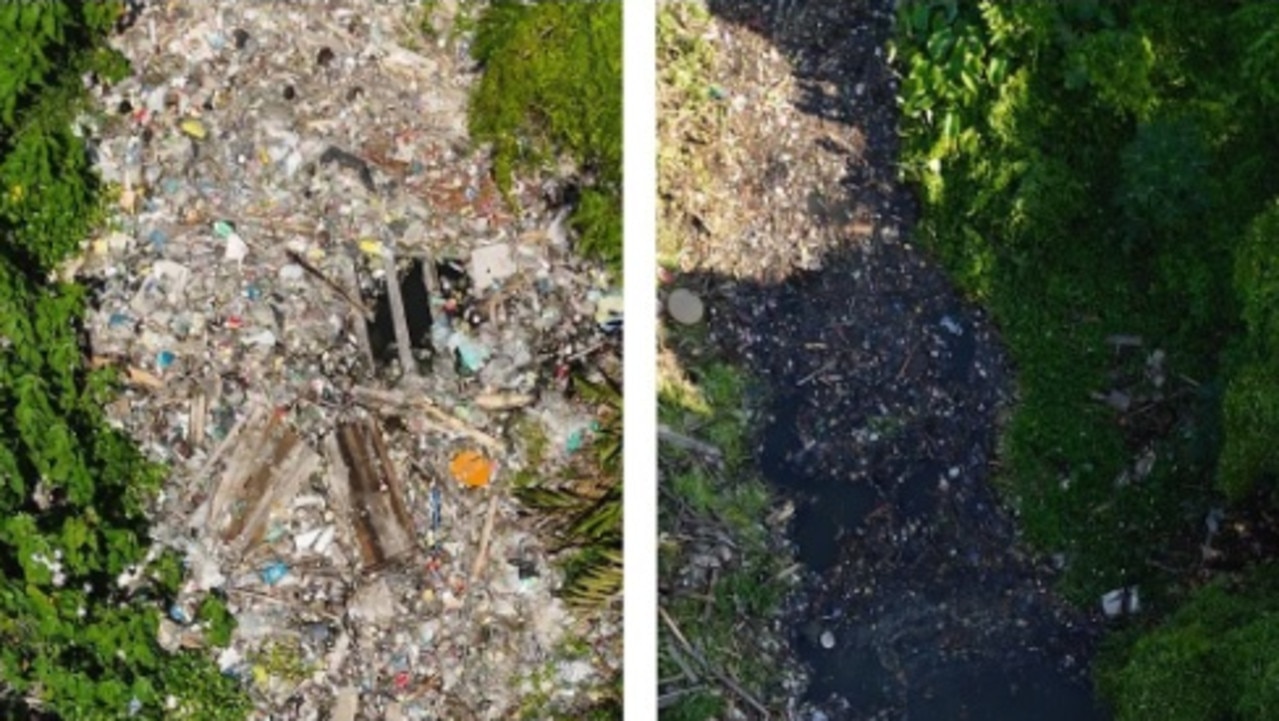How Bali economy was impacted by lack of tourists during Covid
The Covid pandemic decimated the global economy — but few places struggled as badly as our beloved Bali, with locals fighting to survive.
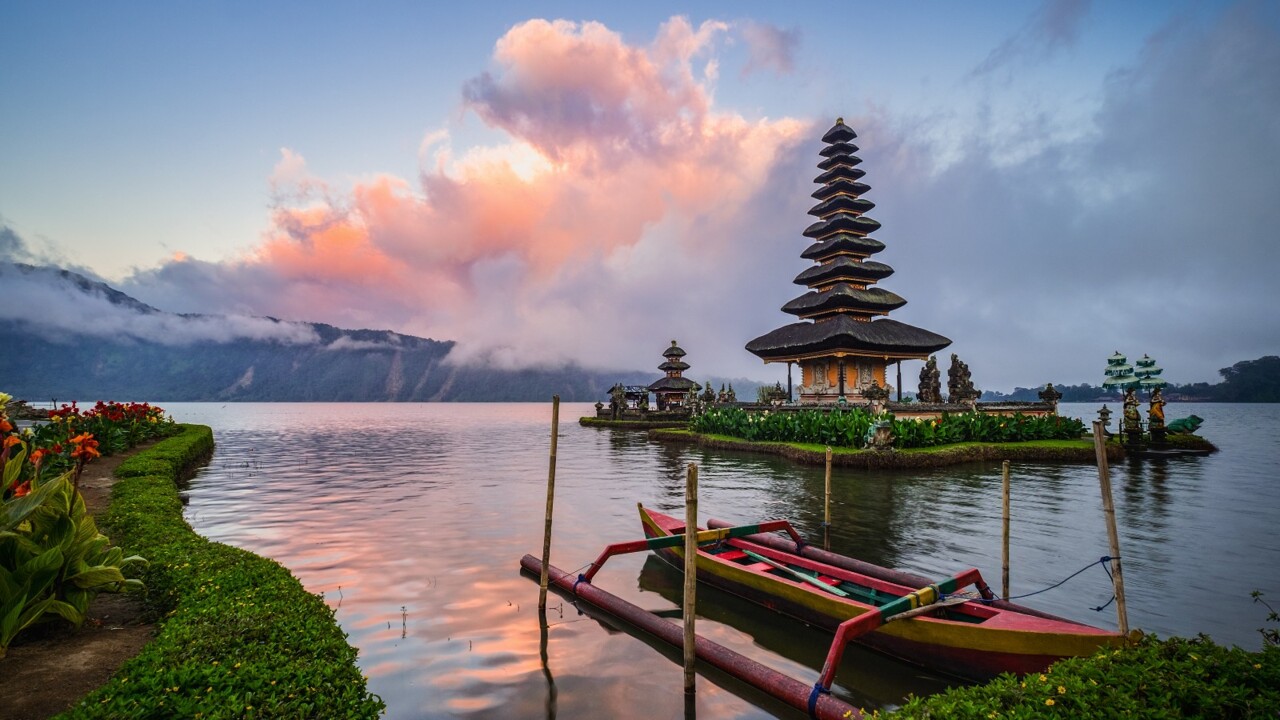
It’s been a rough two years for most of the world with the coronavirus pandemic decimating global economies and leaving nations reliant on tourism floundering.
And few have been impacted as heavily as our beloved Bali — one of Australia’s most favourite places to escape to pre-pandemic.
Before the pandemic brought international travel to a grinding halt and countries slammed their borders shut, more than 1.3 million Australians descended on Bali in 2019, injecting billions into the local economy.
But two years later, the pandemic has had a devastating effect on the Indonesian island, with local businesses and tourism operators telling news.com.au they had faced a relentless battle to survive.
The once-bustling island is a shell of what it once was.
Seminyak’s busy maze of streets, once filled with boutiques and shop owners joyfully bartering for a sale, are dead and devoid of cars and people.
Want a streaming service dedicated to news? Flash lets you stream 25+ news channels in 1 place. New to Flash? Try 1 month free. Offer ends 31 October, 2022 >
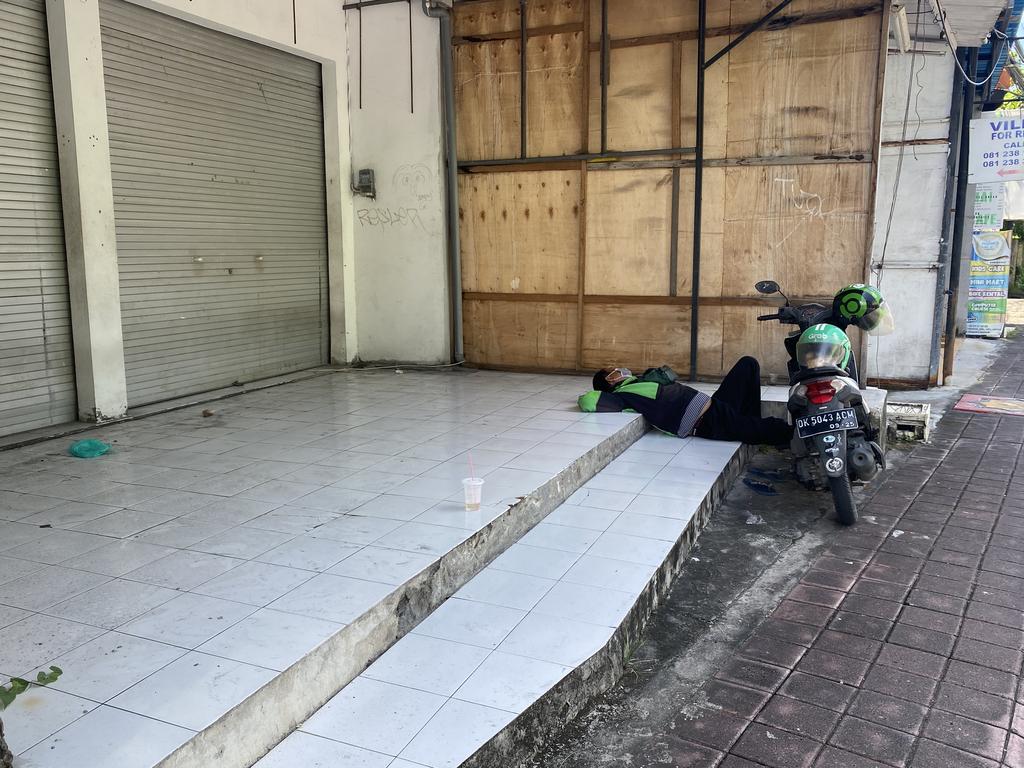
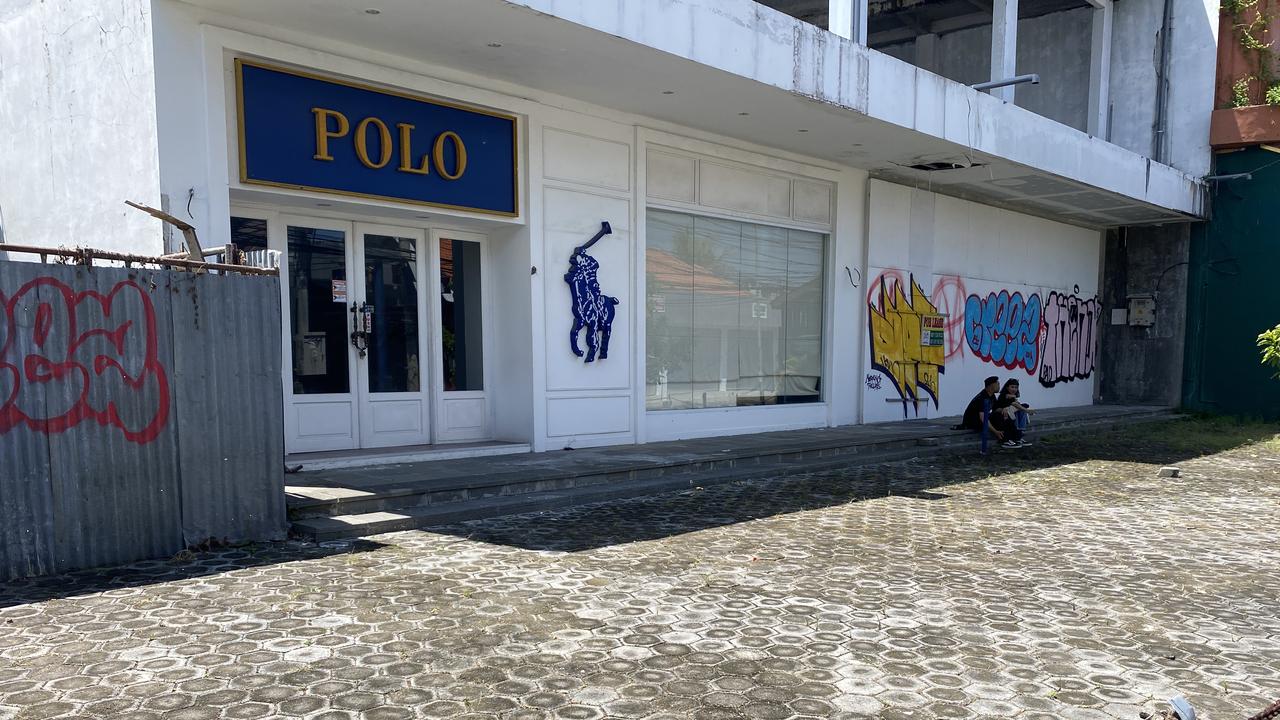
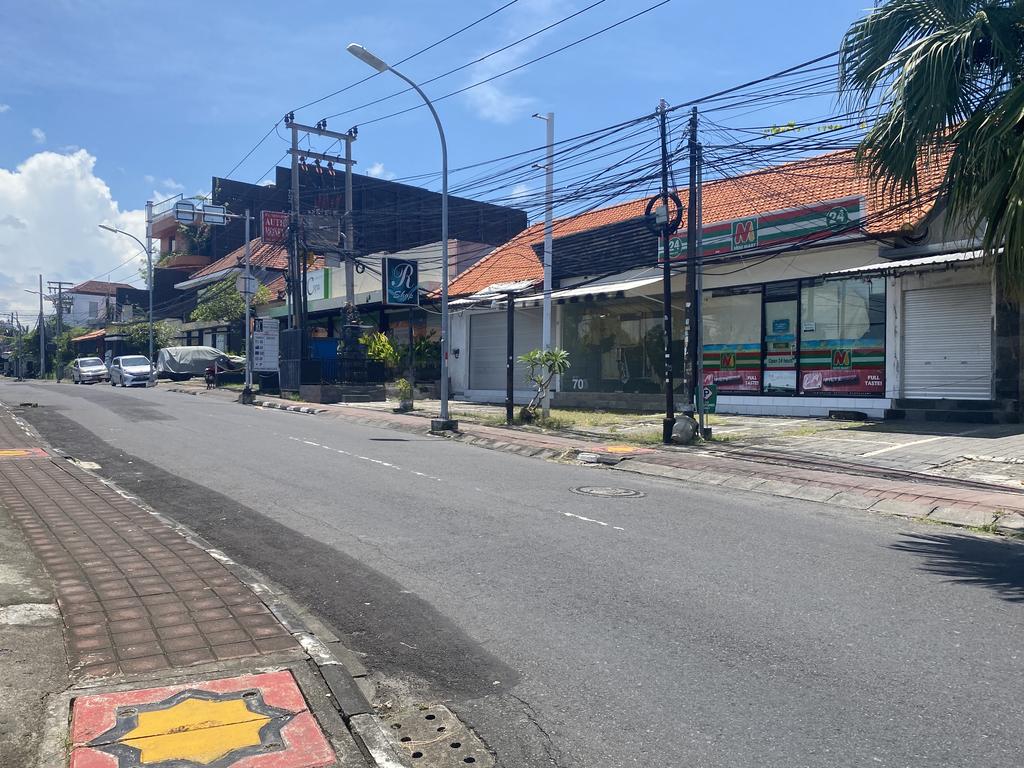
Shop windows are boarded up and other businesses have been abandoned altogether.
“For Lease” signs are pinned to most shopfronts and the beachside hotel pools, once teeming with sunburnt Aussies partying the days away, are empty.
A local jewellery shop employee, whose shop was the only one open in the street, said the past two years had been “not good”.
“We barely see anybody, it’s so quiet. Nothing is open. Most of the people I know haven’t been able to work. We are one of the only places that managed to stay open,” she said.
Local tour guide Tree told news.com.au she had spent the past two years doing what she could to survive by making snacks and selling them to local shops.
“Please, please come back to Bali,” she said.
“We are ready for Aussies.”
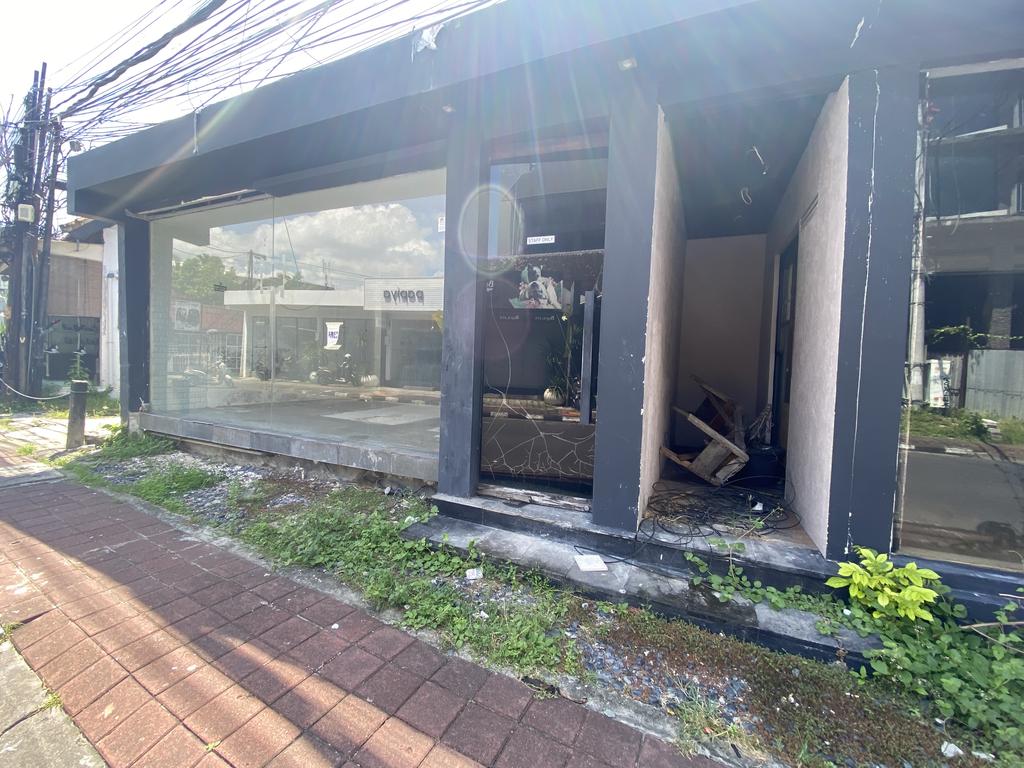
Tree also urged Australians to be fair with the Balinese people when they return.
“Before the pandemic, the shops would charge maybe four or five times the price but now they’re not. They know they need to build that trust and relationship back with the Aussies so you can barter a little bit but please don’t do it too much,” she said.
One potential positive to come out of the pandemic was the drop in traffic jams on the island.
Tree said streets that used to take 30 to 45 minutes to pass through instead were taking five minutes.
“But this is just because all the shops are closed,” she said.
“We hope everything will come back the way it was before.”
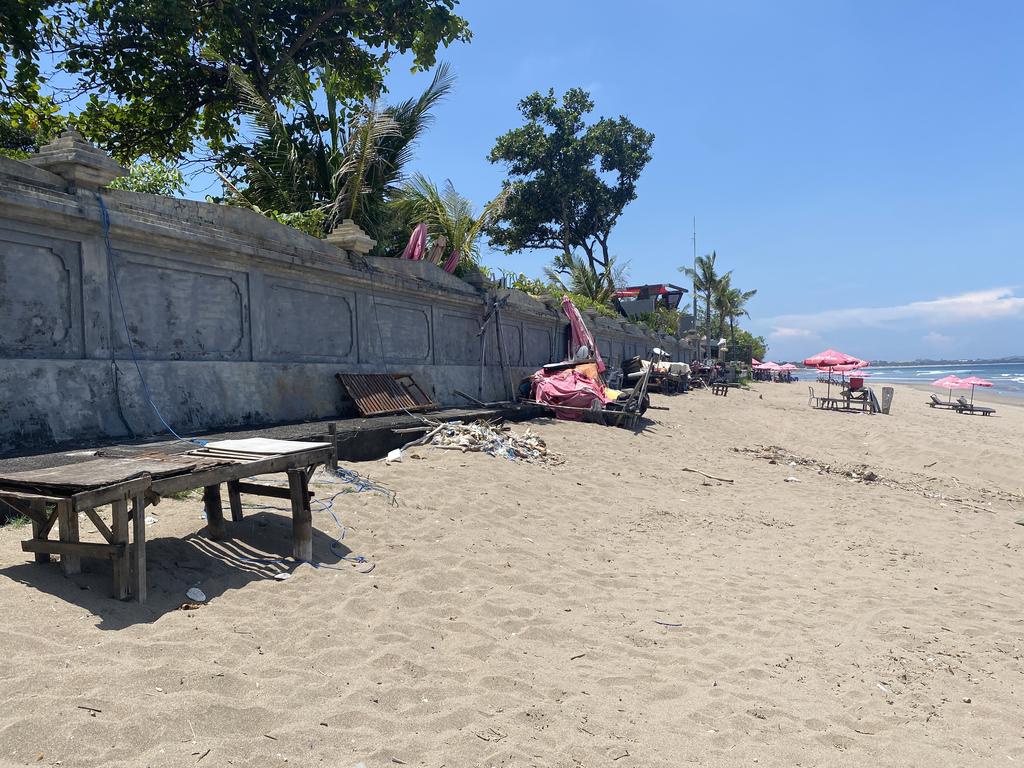
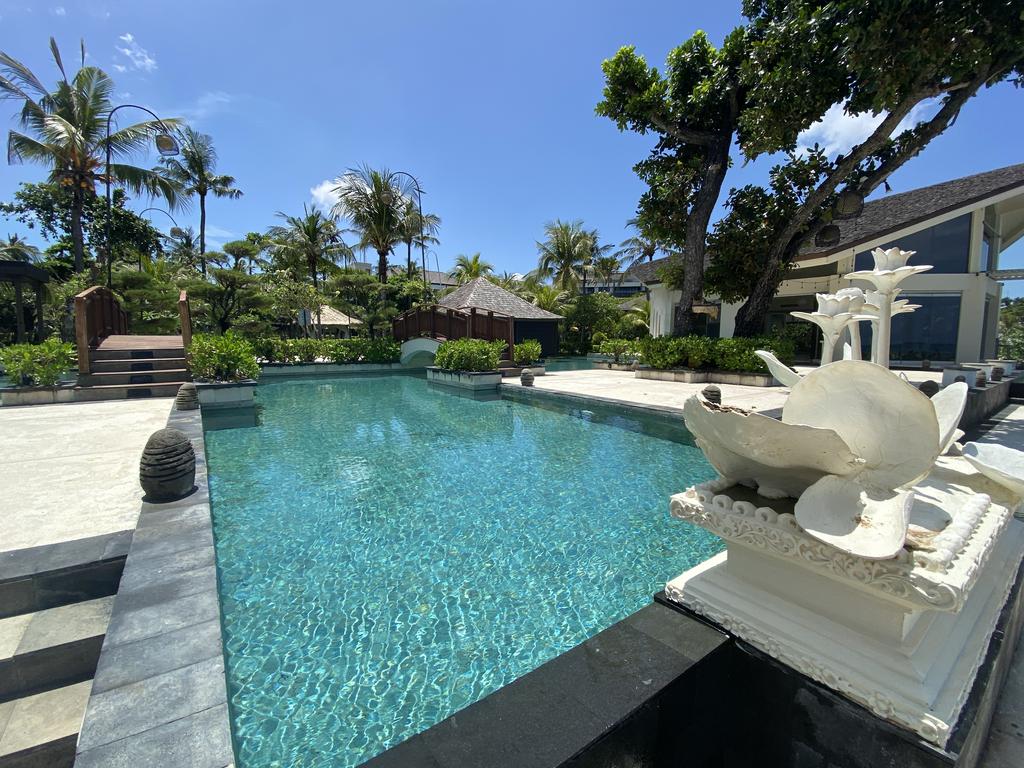
Other local tourism operators returned to agriculture to survive the pandemic by farming chickens, pigs, vegetables and fruit for money.
Andy, a local hat seller who has spent more than a decade selling hats on Seminyak Beach, said he had to turn to friends in Australia for help.
“My god, it has been really, really bad,” he said.
“It has been very hard on me and my family, my wife and my two kids.”
Andy asked a friend from Australia to send him small amounts of money.
“So we could eat,” he said.
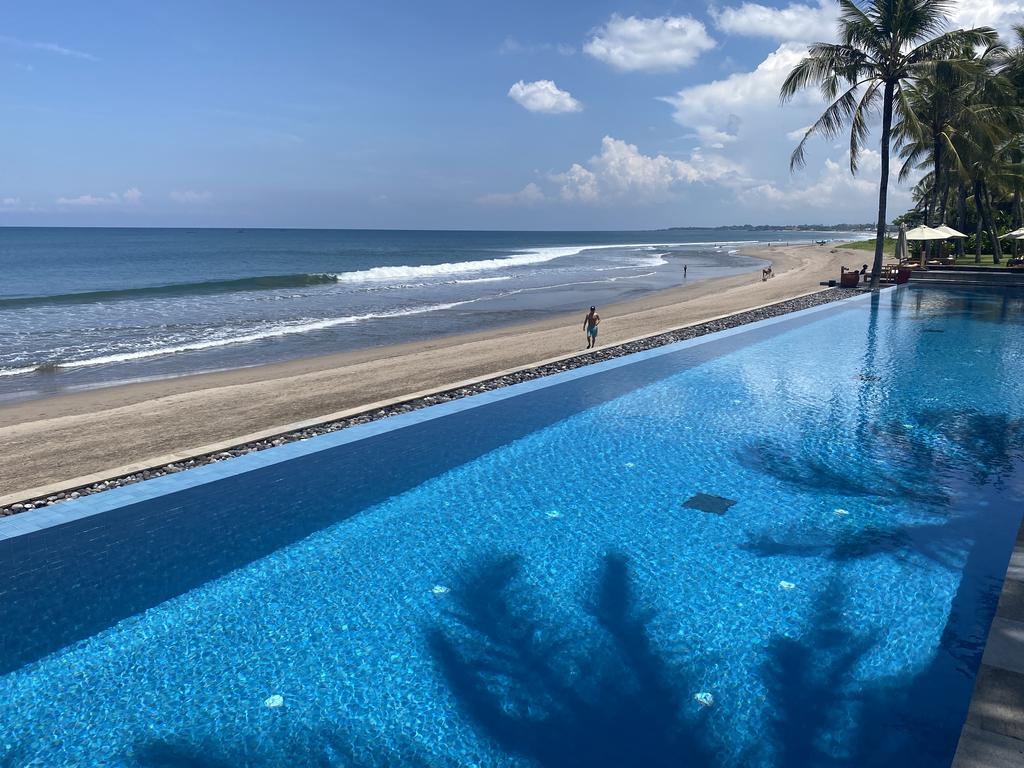
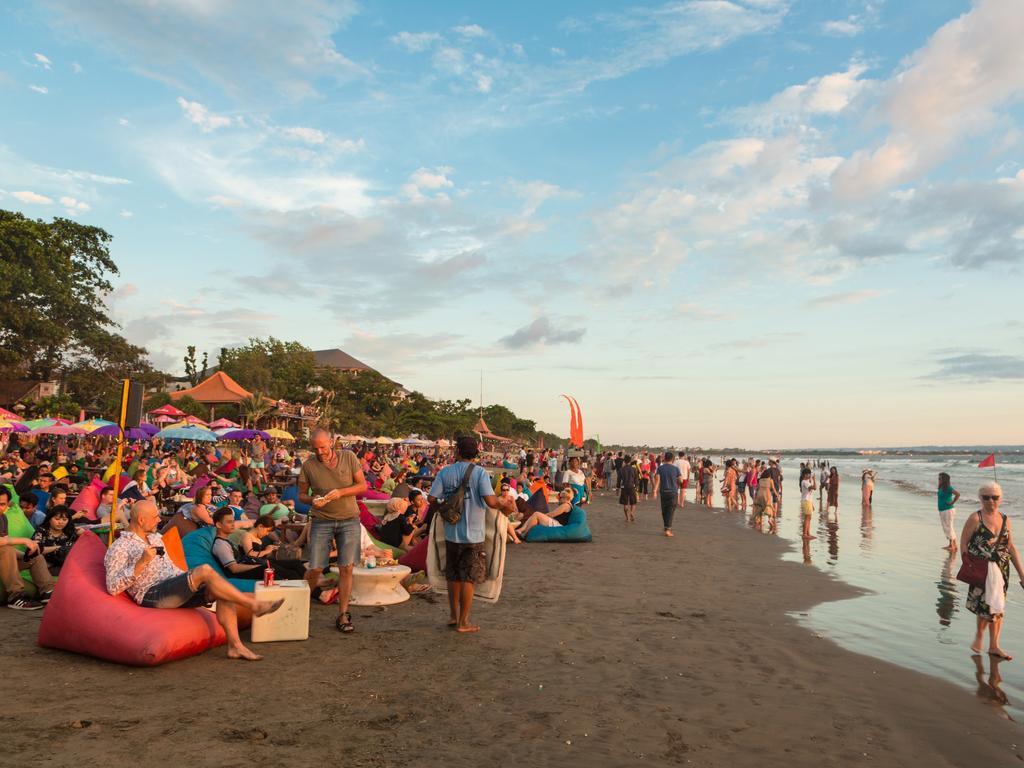
Some places have managed to weather the storm by focusing on local events and local tourists.
The Westin at Nusa Dua, a hotel set in a popular beach enclave on Bali, was booked out for the rest of the month thanks to a local motorbike event.
And some areas of Bali are still thriving — especially the region of Canggu, which is where most Aussie expats call home and run their businesses.
Jetstar also has high hopes after it dropped a $99 flight sale to Bali earlier this month and sold more than 40,000 fares in a single day.
The budget airline restarted direct flights between Australia and Bali’s Denpasar International Airport on March 15.
Pre-Covid, Jetstar operated up to 85 return flights a week to Bali.
The airline will start slow this month, operating three flights a week from Melbourne before ramping up their scheduling in the lead-up to Easter.
Bali flights from Sydney and Perth are scheduled to recommence in early April, with flights from Brisbane, Adelaide, Cairns and the Gold Coast scheduled for May.
This journalist was in Bali as a guest of Jetstar.





